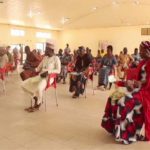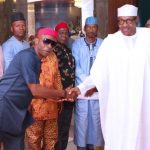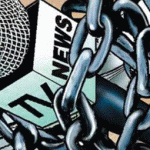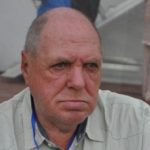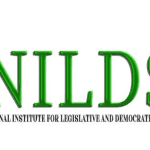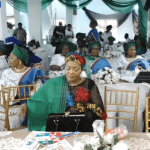The Konrad Adenauer Stiftung (KAS) and the National Institute for Legislative and Democratic Studies (NILDS) organized a capacity development training session for Nigerian media ahead of the 2023 general election.
The training is designed to instruct journalists, particularly those covering the House of Representatives and the Senate, on their role in covering the elections.
Prof. Abubakar Sulaiman, Director-General of the Institute, says that as Nigeria approaches one of the most momentous elections in its democracy’s history, the workshop for members of the Senate and House Press Corps is critical to the country’s democracy’s survival.
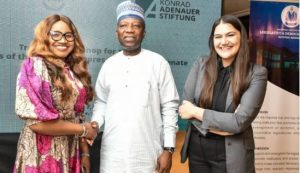
“For the last two decades, we have taken the freedoms that comes with democracy for granted. Indeed, it has become widely accepted that democracy has come to stay in Nigeria. Yet, events in the last few years in the sub-region demonstrate how fragile democracies can be and how easy it is to experience democratic reversals. Moreover, at the internal level, the capacity of democracy and democratic actors and institutions to deliver on development, security, economic prosperity and national unity has been seriously questioned. A few weeks before the general elections, the very essence of our nationhood is being questioned. Nigerians are now asking whether a nation built on a fragile but optimistic foundation can long endure,” Prof Suleiman said.
He said that the context of the workshop is premised on the notion that the media was central to the survival of democracy, particularly in the way it frames and report on the myriad challenges it faces.
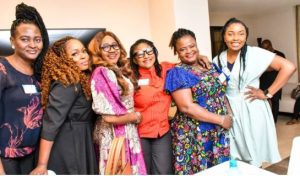
“TV and radio hosts enable the circus by prioritising irrelevant and adverse topics. When politicians engage in misleading and divisive antics and rhetoric, the media has a solemn duty to call them out, condemn and re-direct the discourse on substantive issues. It is easy to get carried away and join the bandwagon of such lazy journalism. The outcomes, however, could be dire as we are presently experiencing in Nigeria. Negative reporting entrenches societal divisions, fuels hatred and violence, erodes government legitimacy and sets up citizens against each other,” he stated.
He therefore challenged the media to reflect on its role as watchdogs of democracy.
“As professionals, you have a duty to inform the public and provide them with the information they need to make informed decisions about leadership and policy. However, the media is better placed to set the agenda for public discussion of critical issues, especially in the build-up to the elections. Additionally, the media should facilitate community and nation-building by helping people find common causes and work toward practical solutions to the problems confronting all Nigerians regardless of which part of the country they are from or live in,” Prof. Sulaiman added.
On her part, the Resident Representative of the Konrad Adenauer Stiftung, Marija Peran, said that It was critical to prepare the media for the task ahead.
She noted that a strong media coverage is needed to x-ray the election and strengthen democracy in Nigeria.
Ms. Peran, noted that KAS will continue to contribute to the sustenance of democracy in Nigeria.
“It was really important that we hold this training before the election. The next four years will shape the political direction that Nigeria will go. One of the mandates of Konrad Adenauer Stiftung, is to support all democratic institutions. And the media is very important to us,” Peran said.
The Chairperson of the House of Representatives Press Corps, Ms. Grace Ike, said the training is the most important training session because it dwells on two most critical issues in the history of Nigeria today.
“First, the 2023 general elections, which is largely considered to be a defining moment in the country. As political and parliamentary correspondents/ journalists, I believe this training will go a long way in preparing us ahead of this crucial national assignment of covering the 2023 general elections. Secondly, the redesign of the naira is a very topical issue today because it has affected Nigerians across board, and choosing it as one of the topics to be discussed here is timely and quite commendable,” Ms. Ike emphasised.
She acknowledged the leadership and management of the National Assembly for its support and collaboration in deepening democracy in Nigeria.
In a lecture titled ‘History of Election Violence in Nigeria’, Prof. Adentunji Omo Ogunyemi, took participants through elections and election related crisis in Nigeria’s pre to post independence.



